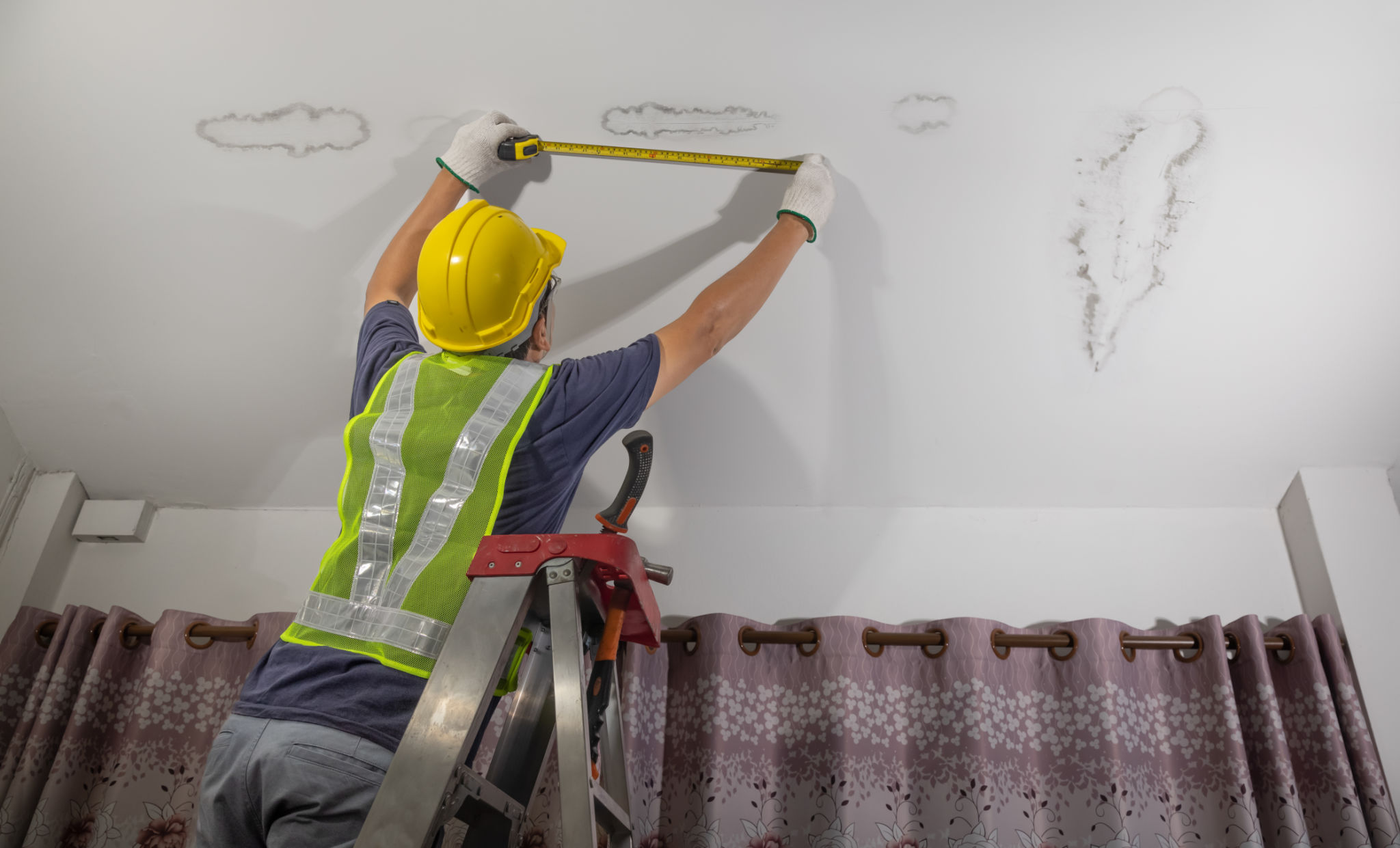How to Identify and Repair Storm Damage to Your Roof
Understanding the Impact of Storms on Your Roof
Storms can wreak havoc on your home, especially the roof, which is the first line of defense against the elements. High winds, hail, and heavy rain can all contribute to roof damage. Identifying and repairing storm damage promptly is crucial to maintaining your home’s integrity and preventing further issues.

Identifying Common Signs of Storm Damage
Checking for Visible Damage
After a storm, you should conduct a thorough inspection of your roof. Look for missing or broken shingles, as these are common indicators of damage. Also, be on the lookout for dented metal parts or displaced tiles.
Inspecting for Water Damage
Water leaks are another sign of roof damage. Check your attic and ceilings for water stains or damp spots, which suggest that water has penetrated the roof's protective barrier. It’s important to address these issues quickly to prevent mold growth and structural damage.

Steps to Take When Repairing Storm Damage
Conducting a Professional Inspection
While you can perform a preliminary inspection yourself, hiring a professional roofer to assess the damage is wise. Professionals can identify hidden issues that may not be visible at first glance. They will provide a detailed report and repair estimate.
Choosing Repair or Replacement
Depending on the extent of the damage, you may need to decide between repairing the affected areas or replacing the entire roof. Minor damages can often be repaired easily, but extensive damage may require a complete replacement to ensure long-term protection.

Preventing Future Storm Damage
Regular Maintenance
Routine maintenance is key to preventing future storm damage. This includes cleaning gutters, trimming overhanging branches, and scheduling regular inspections. These actions help maintain the roof’s condition and reduce the likelihood of severe damage during storms.
Investing in Storm-Resistant Materials
Consider upgrading to storm-resistant roofing materials. Options like impact-resistant shingles and metal roofing can offer enhanced protection against harsh weather conditions. Investing in these materials may also lower your insurance premiums.

Filing an Insurance Claim
Once you’ve identified storm damage, contact your insurance company to file a claim. Document the damage with photographs and keep records of all repair estimates and receipts. This information is critical for ensuring you receive adequate compensation for repairs.
By understanding how to identify and repair storm damage to your roof, you can protect your home and ensure its longevity. Regular inspections and maintenance, coupled with professional guidance, can safeguard your investment against future storms.
